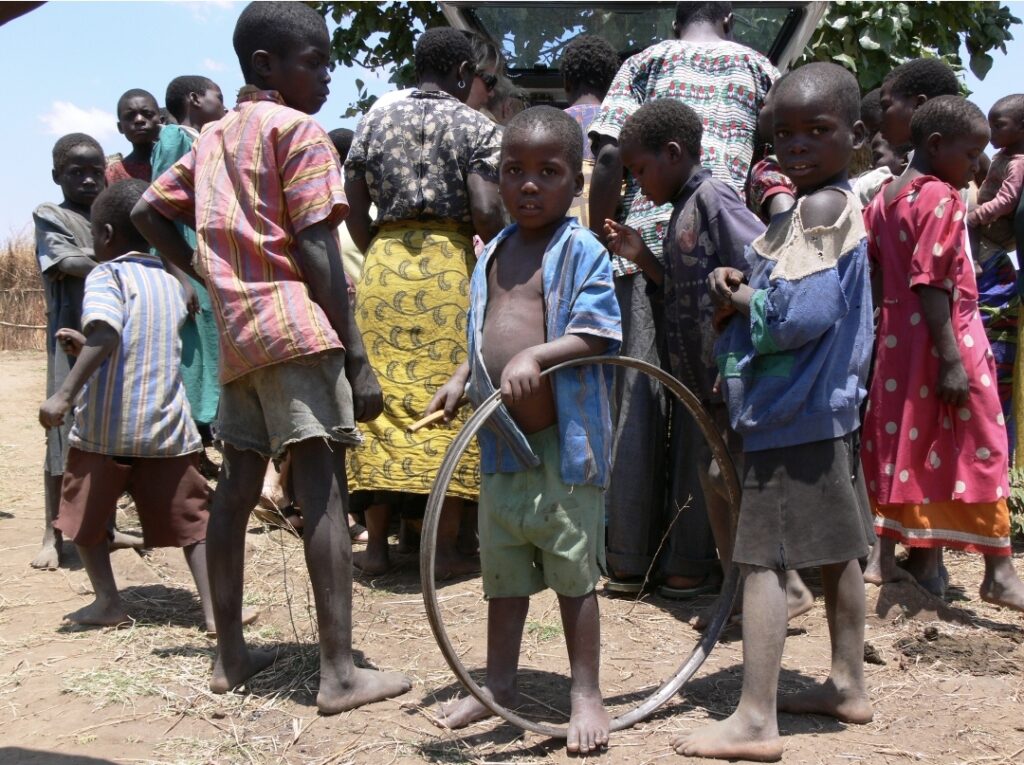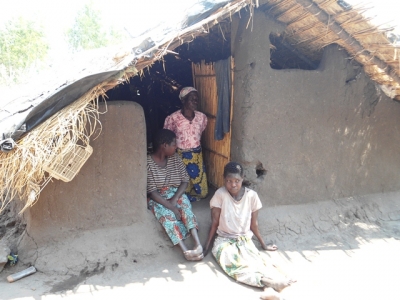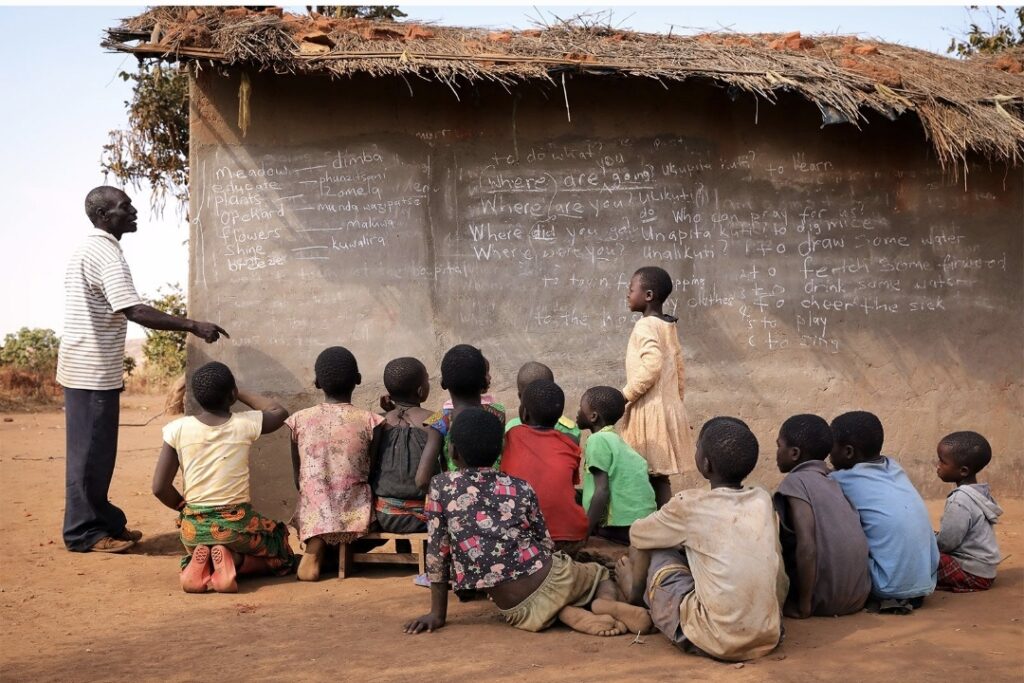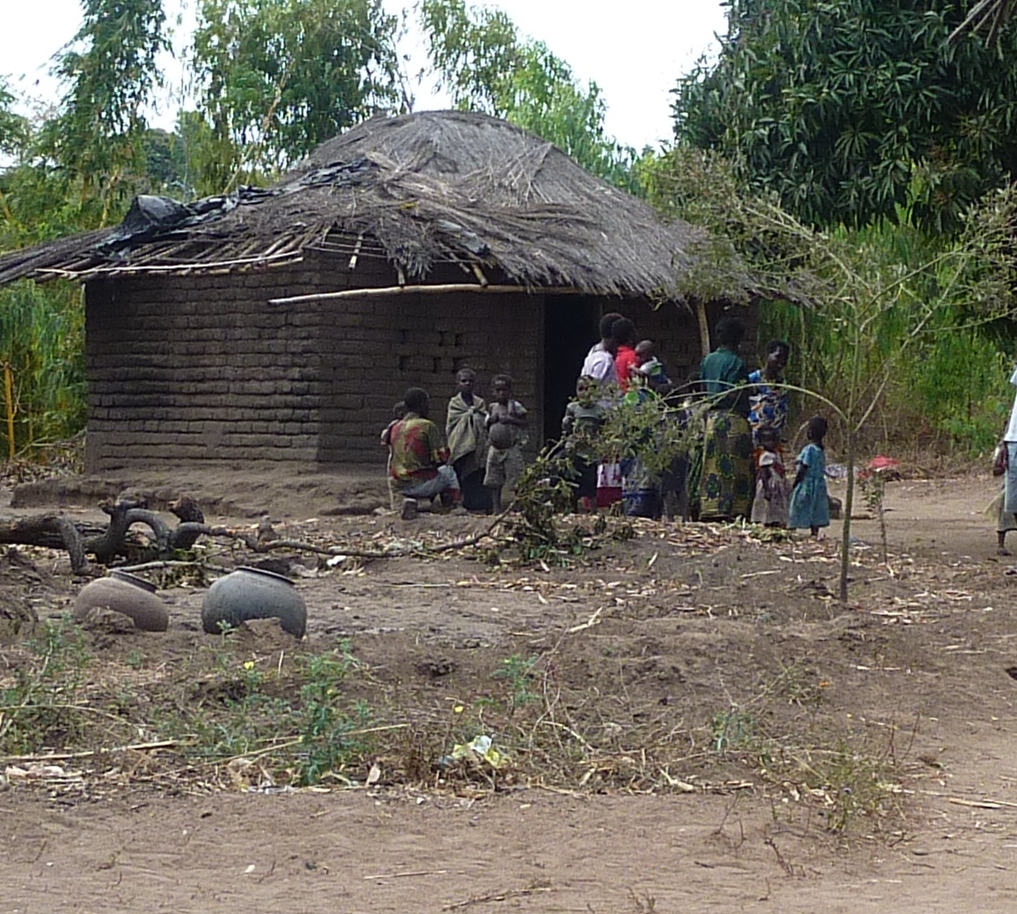One of the two Bretton Woods institutions, the World Bank has tipped economically-struggling Malawi on how best to steadying the country’s ailing economy through burgeoning fiscal reforms.
The global financial lending institution has thus outlined a multi-faceted plan of action which among others includes utilising the country’s mining sector in a bid to boost foreign exchange reserves.
Further, the World Bank wants the south-east African nation to develop innovative policy interventions so as to stabilise the economy, which has incessantly been in prolonged recession.
Jakob Engel, World Bank senior economist drove the enthusiastic plan out in a presentaton at Economics Association of Malawi (Ecama) conference.

In the presentation, Engel urged authorities to expedite the reforms as per prescribed in the Public Finance Management Act of 2022.
Engel said: “There is an urgent need to find suitable and transparent revenue management arrangements to ensure high savings and investment and manage pressures for consumption spending.
“We can also use micro-data to implement innovative policies. Use of microdata and impact evaluation methods allows for much more granular and targeted analysis to support fiscal reforms.”
Engel hinted that the reforms if embraced, they could help to address the economic problems that have ended up causing in deficits and has worsened the country’s public debt which is currently pegfed at K15 trillion translating to 81 percent of the country’s gross domestic product (GDP).

Currently, the World Bank is collaborating with the tax collector, Malawi Revenue Authority (MRA) to help achieve the targets set out in the Malawi Domestic Revenue Mobilisation Strategy, which aims at increasing the country’s revenue collection to 19 percent of GDP by 2026.
Engel, however, stressed that sound political decision-making would be critical for Malawi to achieve the medium-term fiscal targets.
Angel’s remarks follow concerns from local economic and multilateral financial institutions that Malawi is currently locked in a feedback loop where macro-economic crises such as foreign exchange scarcity, currency depreciations and trade imbalances are reinforcing each other.
An analysis by the World Bank contained in the latest issue of the Africa Pulse noted that Malawi is set to record the highest deficit on the continent in this financial year for the second time in a row.

Data from the World Bank further shows that historically, deficits are about 78 percent higher during election periods than during the four years that precede the elections.
Ecama acting president Bertha Bangara-Chikadza, in an interview, welcomed the proposal, saying the use of microdata, which is information at the level of individual respondents, can impact revenue generation as it allows for more accurate and detailed analysis of taxpayer behaviour.
“By understanding patterns and trends at a granular level, the MRA can identify non-compliance and target enforcement efforts more effectively, leading to improved tax compliance,” she said.
Ministry of Finance and Economic Affairs spokesperson Williams Banda, in an earlier interview, confirmed that government is collaborating with the World Bank on the Public Finance Review.
Malawi is one of the world’s poorest countries, with over half of its population living below the national poverty line.

In 2020, 50.7 percent of the population lived in poverty – The three poorest districts are Nsanje, Balaka, and Chikwawa – with poverty rates of 62.8 percent 62.7 percent , and 61.2 percent, respectively.
Malawi continues to have high poverty rates, posing substantial challenges to human development and growth in the African nation’s quality of life and in 2017, its GDP per capita (PPP) amounted to only $1,200, leading it to rank among the poorest countries in the world.
Higher poverty rates in a given society tend to go hand in hand with sizable challenges underpinning the state of the economy.
Malawi’s dependence on agriculture implies that climate-related problems can be a serious threat to its national economic wellbeing.
This was the case during the 2015 and 2016 drought, which negatively impacted the country’s economy.
“There is an urgent need to find suitable and transparent revenue management.”
Jacob Engel
World Bank senior economist



